Necessity of Iodine and Iodine Supplements In Pregnancy.
Iodine is a necessary food element that everyone especially pregnant along with breastfeeding women must take while pregnant to give birth to a healthy and fit baby.
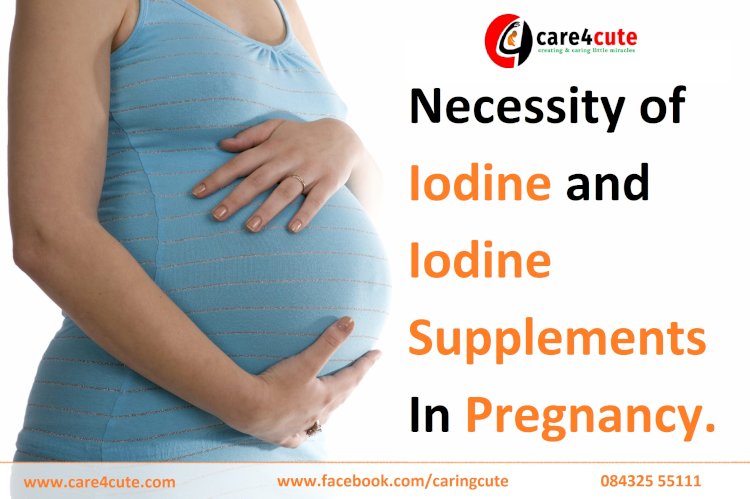
Worldwide, Almost 18 billion infants are born with a mental disability because of iodine deficiency in mothers. Around 38 million are born with a risk of iodine deficiency.
Terrifying, isn’t it? Iodine is a crucial nutrient that the body requires to produce sufficient thyroid hormones during pregnancy. This hormone is necessary for the healthful growth and functioning of the brain, bones, muscles, heart, immunity, and metabolism of both the mother and the baby.
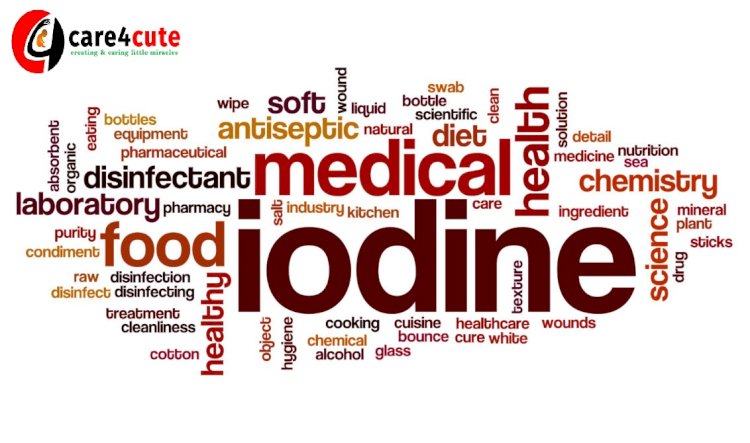
Here, Care4cute reveals the necessity for iodine, its recommended dosage, and the risks of its paucity during pregnancy.
Why Iodine is needed during Pregnancy
Here is why iodine is needed in pregnancy:
- It is essential for the development of the baby’s brain and nervous system and the dearth of it might disrupt their development.
- Iodine is vital in regulating the baby’s metabolism.
- Your body should be producing around 50% more of the thyroid hormone to help the baby develop a normal and healthy thyroid. Otherwise, this can lead to maternal and fetal goiter (abnormal enlargement of the thyroid gland), or hypothyroidism (underactive thyroid gland).
- Also, if the fetus has an immature thyroid, it could result in low IQ, and your baby could have developmental problems or learning disabilities.
- Inadequate iodine intake can increase the chances of preterm labor, miscarriage, stillbirth, and even death of the infant.
- Excessively low levels of iodine can have a negative effect on the physical and mental development of the baby (cretinism).
- According to a study, inadequate iodine intake during pregnancy is associated with an enhanced danger of ADHD (attention deficit hyperactivity disorder) in children. ADHD is associated with conduct disorder, oppositional defiant disorder, anxiety, depression, autism spectrum disorders, and substance use disorders.
While iodine is essential, it must not be taken more or less than the suggested amount.

The quantity of iodine recommended during Pregnancy -
According to the US National Institute of Health, the stipulated daily amount of iodine for a pregnant woman is 220mcg.
Even if you cannot obtain the recommended quantity every day, you might want to make up to gain the average amount over a week or a few days by including iodine affluent foods in your diet. You may also take iodine supplements, but only if suggested by the doctor.
According to the US Institute of Medicine, a pregnant woman can consume up to 1,100mcg of iodine per day. But iodine overdose should definitely be avoided.
What If You Take Too Much Iodine In Pregnancy?
A study shows that women who took above this secure higher limit had babies with congenital hypothyroidism, which is a thyroid deficiency.
If left untreated, hypothyroidism can lead to neurocognitive impairments in infants and children.
An excessive amount of iodine also causes some symptoms identical to iodine deficiency, including:
- Goiter (abnormal enlargement of the thyroid gland)
- Thyroid gland inflammation and thyroid cancer
- Burning sensation in the throat, mouth, and stomach
- Fever, diarrhea, and stomach pain
- Nausea and vomiting
- Weak pulse and coma in rare cases
To stay safe and secure, limit your iodine intake by relying on dietary sources that are naturally affluent in the nutrient.
The Best Food Sources of Iodine -
Dairy products, vegetables, seafood, and eggs among other foods are rich sources of iodine. The quantity of iodine in these sources depends on the iodine present in the soil or water of that particular region.
Following is the list of iodine -abundant sources that can be included in your pregnancy diet.
|
FOOD |
SERVING |
IODINE(MCG) |
|
Iodized salt |
1g |
77 |
|
Cow milk |
1 cup/ 8oz |
99 |
|
Yogurt (plain and low-fat) |
1 cup |
75 |
|
Navy beans (cooked) |
½ cup |
32 |
|
Potato with peel (baked) |
1 medium-sized |
60 |
|
Egg (boiled) |
1 large |
12 |
|
Tuna (canned in oil) |
½ can/ 3oz |
17 |
|
Shrimp |
3oz |
35 |
|
Cod |
3oz |
99 |
|
Fish sticks |
3oz |
54 |
|
Turkey breast (baked) |
3oz |
34 |
|
Enriched bread |
2 slices |
45 |
|
Enriched macaroni (boiled) |
1 cup |
27 |
|
Cheddar cheese |
1oz |
12 |
|
Apple juice |
1 cup |
7 |
Be careful about the presence of nitrates in certain foods, as they may affect your capacity to absorb iodine. Processed foods and meats including deli meat, hot dogs, and sausages that contain nitrates should be avoided.
In some conditions, when your diet is not so rich in iodine, your doctor may prescribe supplementation.
To Take Iodine Supplement during Pregnancy- Safe or not -
Yes. Most doctors recommend iodine supplements during pregnancy because it is not easy to obtain the necessary amount of iodine from diet alone.
- Women who are trying to conceive or pregnant or lactating can take around 150mcg of iodine supplements daily, especially if they are not able to obtain the recommended dosage from dietary sources.
- If you are already on iodine supplements due to some pre-existing thyroid issue, inform your doctor about it.
- Most prenatal vitamins contain iodine. Otherwise, you can get supplements that are a combination of iodine and folate.
- Seaweed or kelp-based iodine supplements should be avoided because they contain the varying quantity of iodine, and might also have mercury, which is quite risky and dangerous for the baby.
Keep reading to know more about the common queries about iodine during pregnancy.
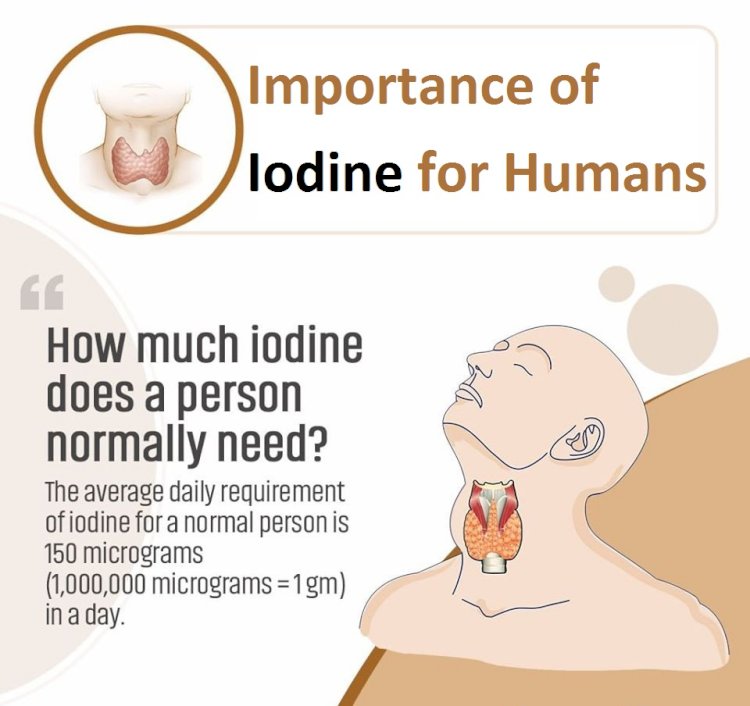
Frequently Asked Questions
1. For how long should I take iodine supplements during pregnancy?
You can take one 150mcg iodine tablet daily, from the time of conception till the time you stop breastfeeding. These tablets should only be supplemental to iodine-abundant sources such as eggs, fish, and vegetables and such.
2. Is it safe to take potassium iodide during pregnancy?
Yes, you can safely take potassium iodide (KI), which is an inorganic iodine supplement used for managing iodine deficiency and thyroid disorders. Research shows that infants born to mothers on potassium iodide supplementation in their first trimester had higher neuropsychological assessment scores in comparison to the babies born to mothers who didn’t obtain any iodine supplementation.
3. Can you use iodine tincture during pregnancy?
Iodine tincture is a topical antiseptic and disinfectant used for treating minor wounds. It is a combination of 2% iodine and 2% sodium iodide in 50% alcohol. It should not be used during pregnancy without the recommendation of your doctor. Accidental ingestion of this compound can lead to death.
If you are planning to conceive or are pregnant but are worried about your iodine levels, check with your healthcare provider. Your doctor may recommend a specialized 24-hour urine test to detect iodine levels in the body, based on which you may be suggested to take iodine supplements.
Have you taken iodine supplements during pregnancy? What dietary sources did you depend on for iodine? Share your valuable thoughts and suggestions in the comment box.































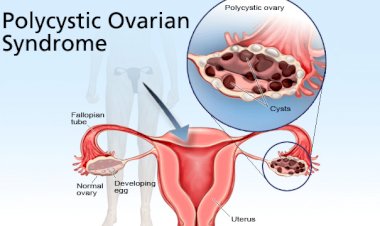
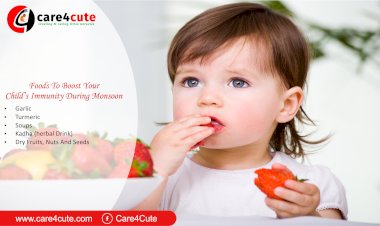



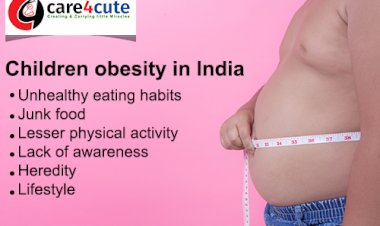
Comments (0)